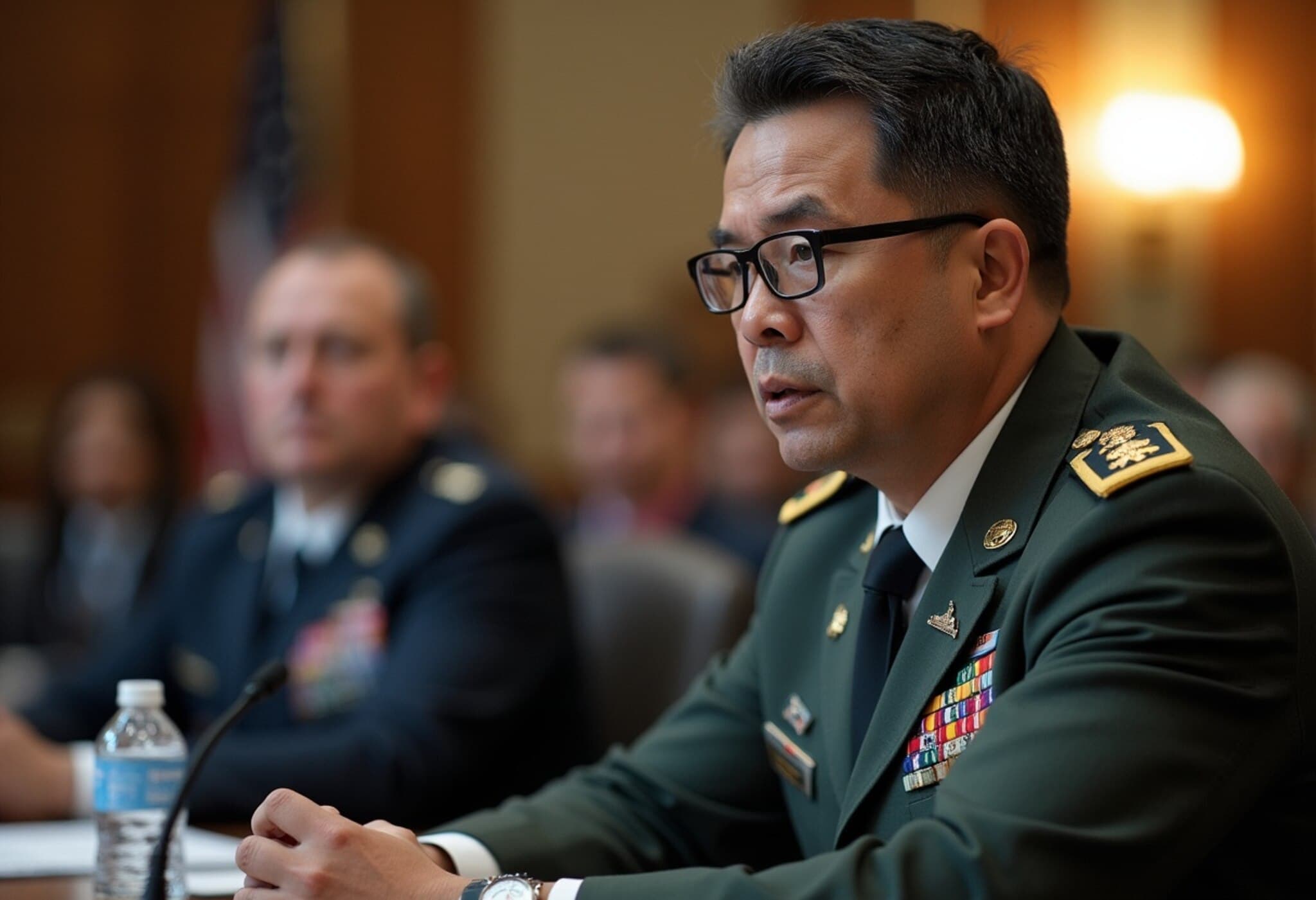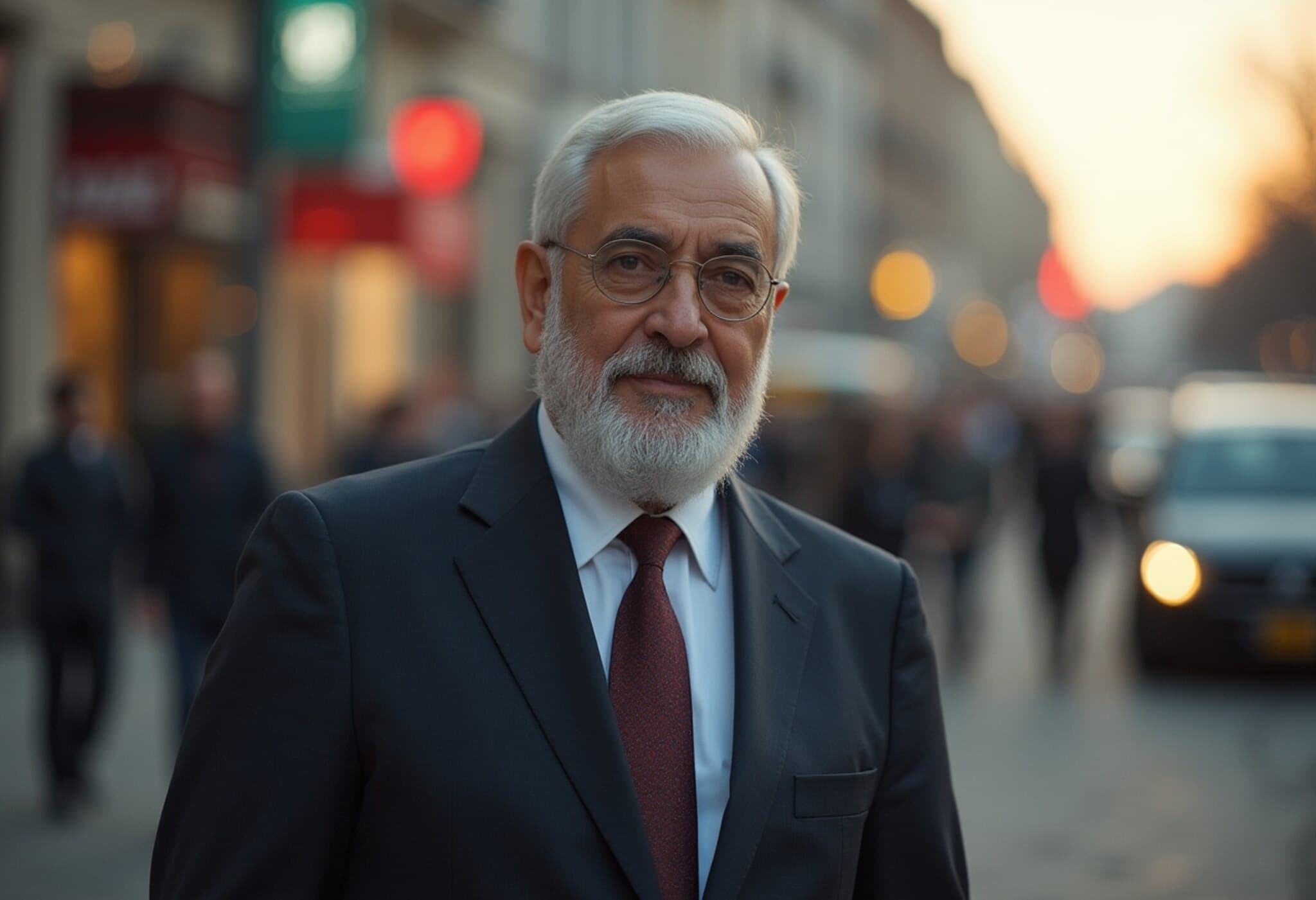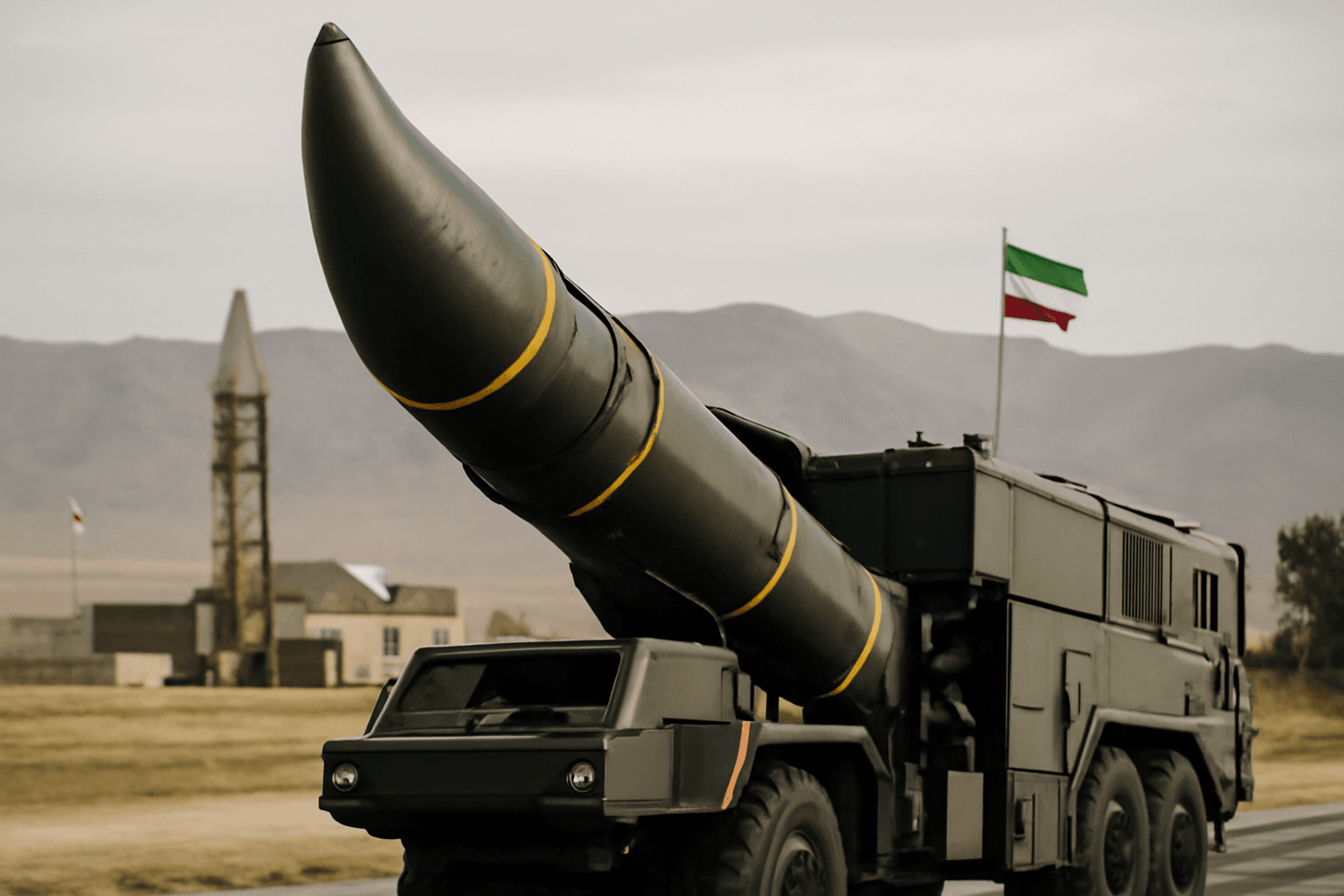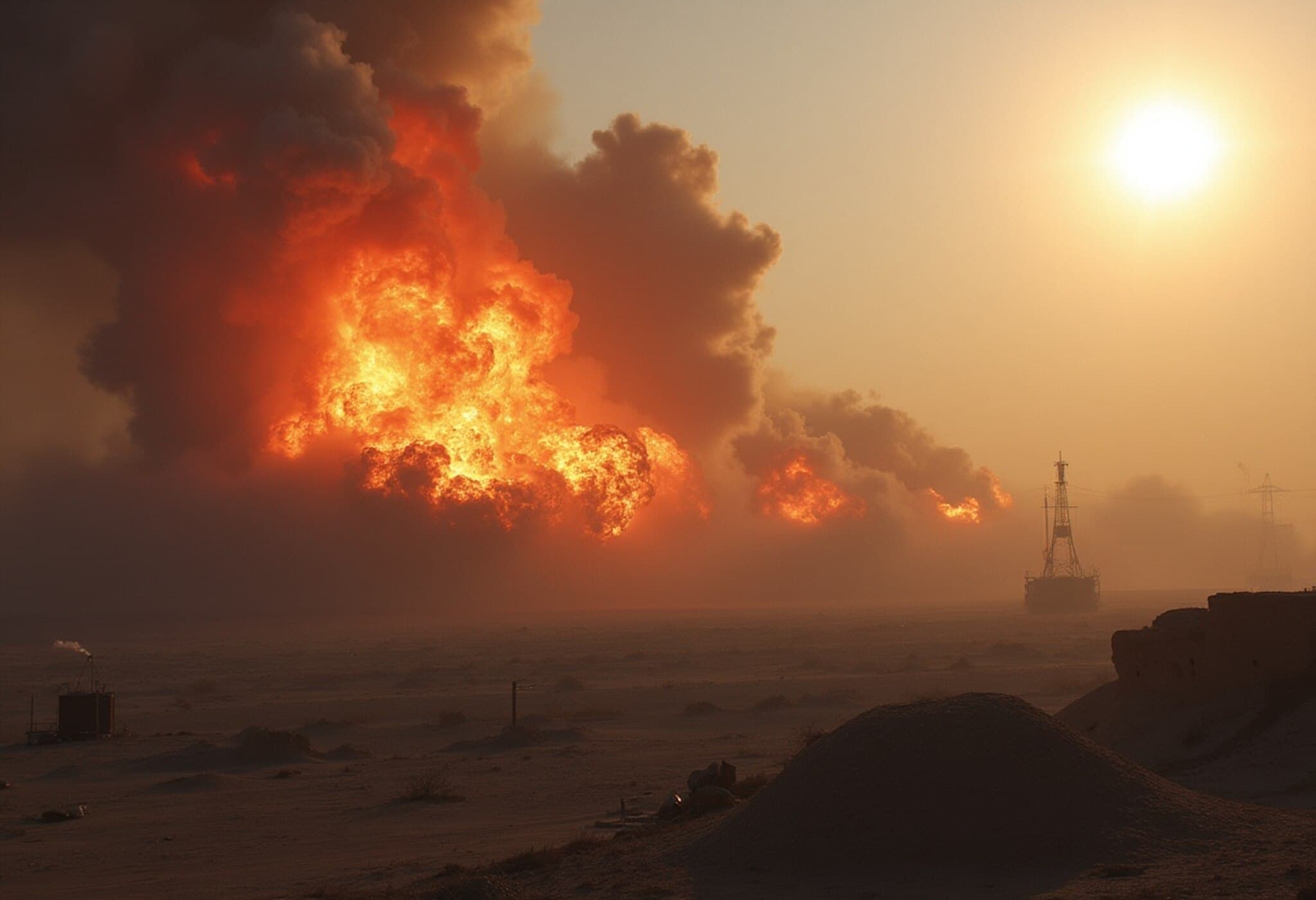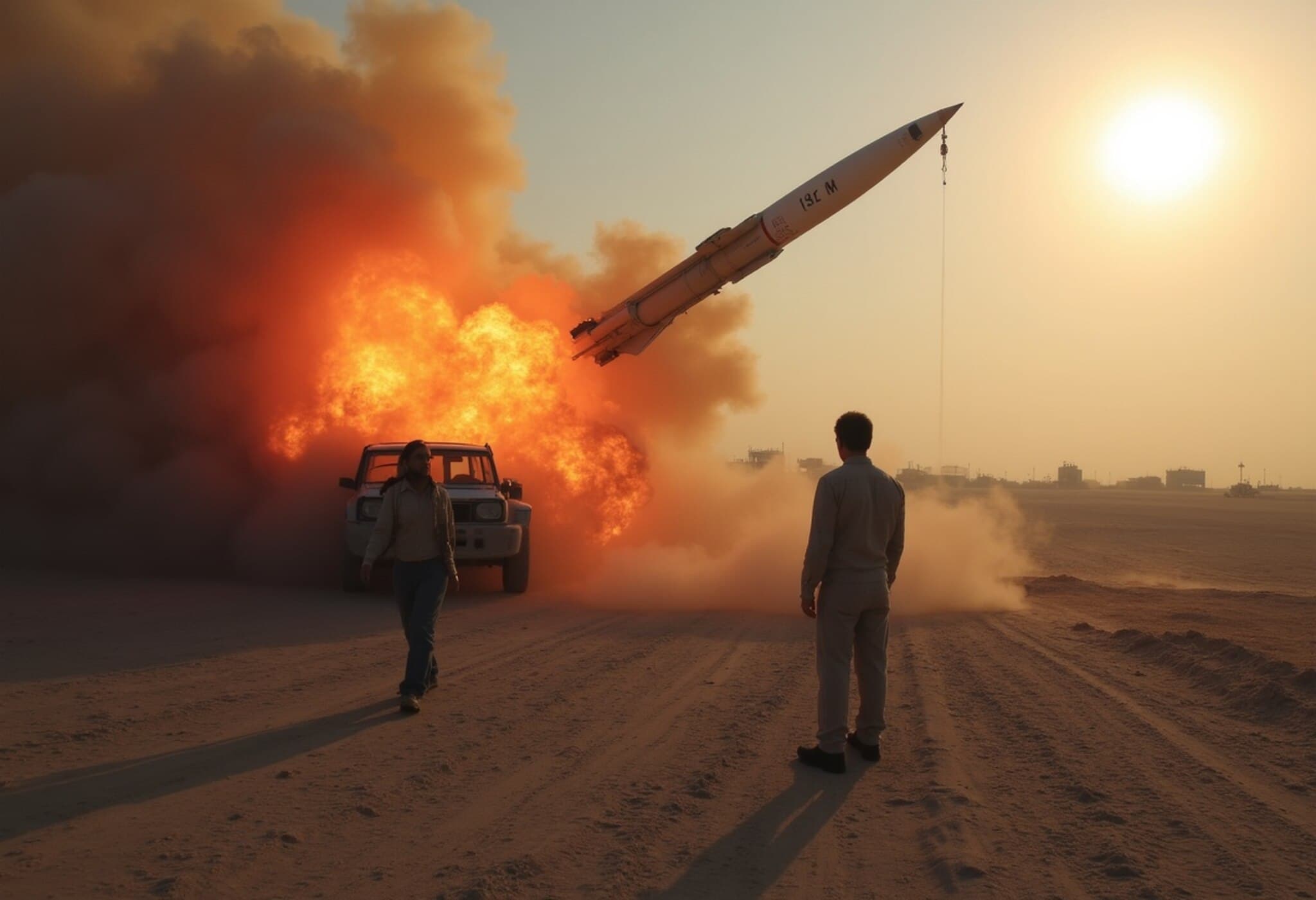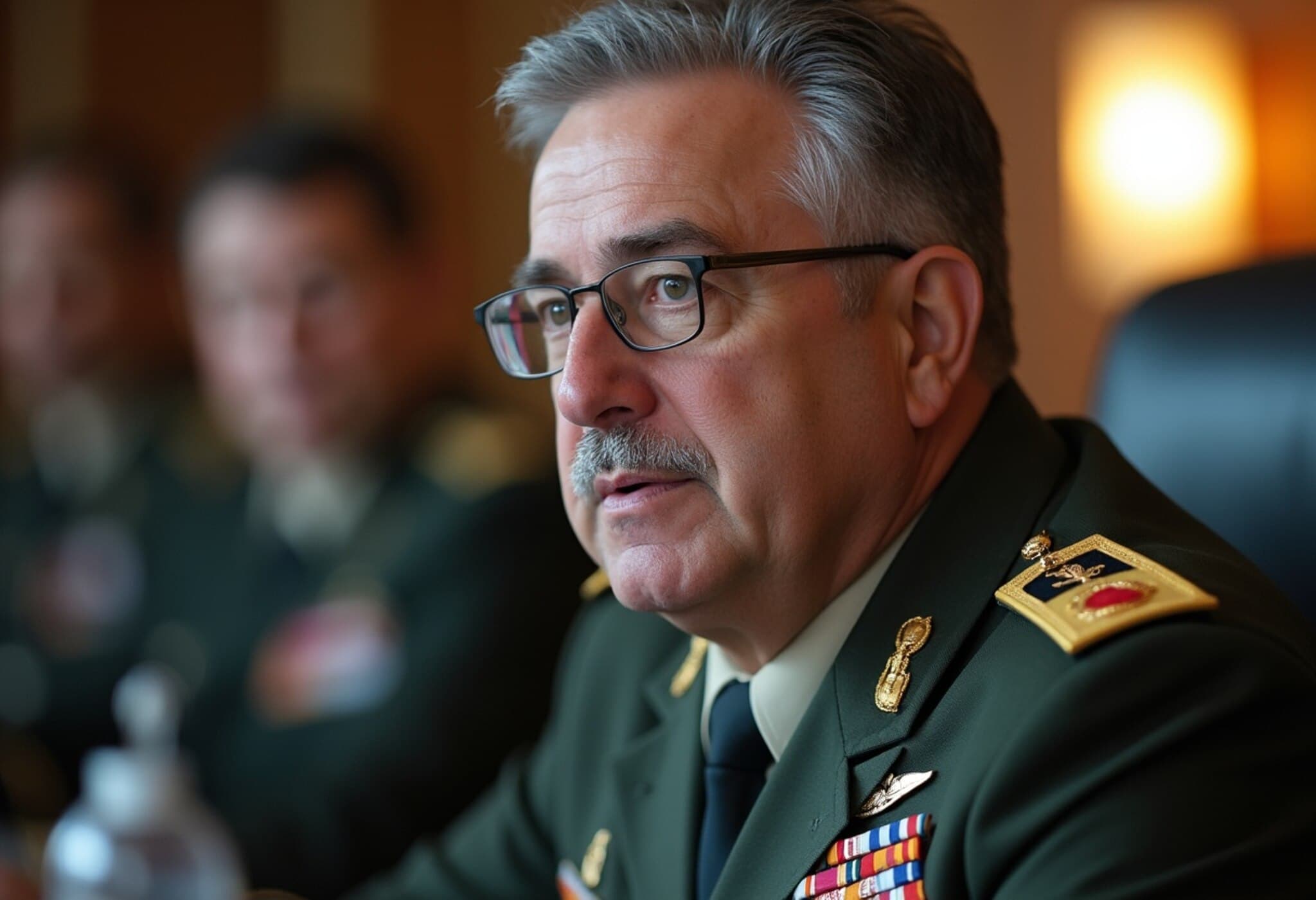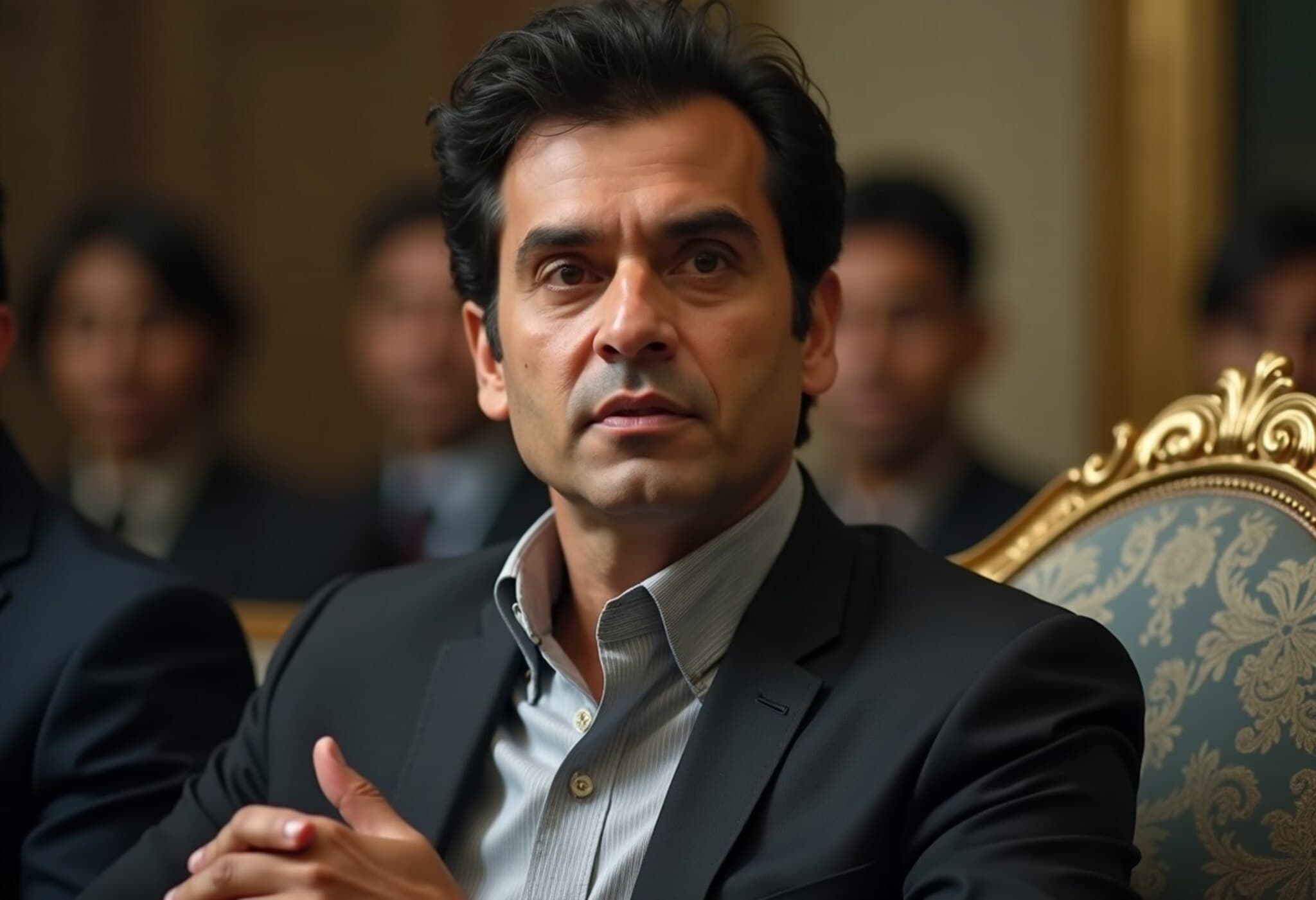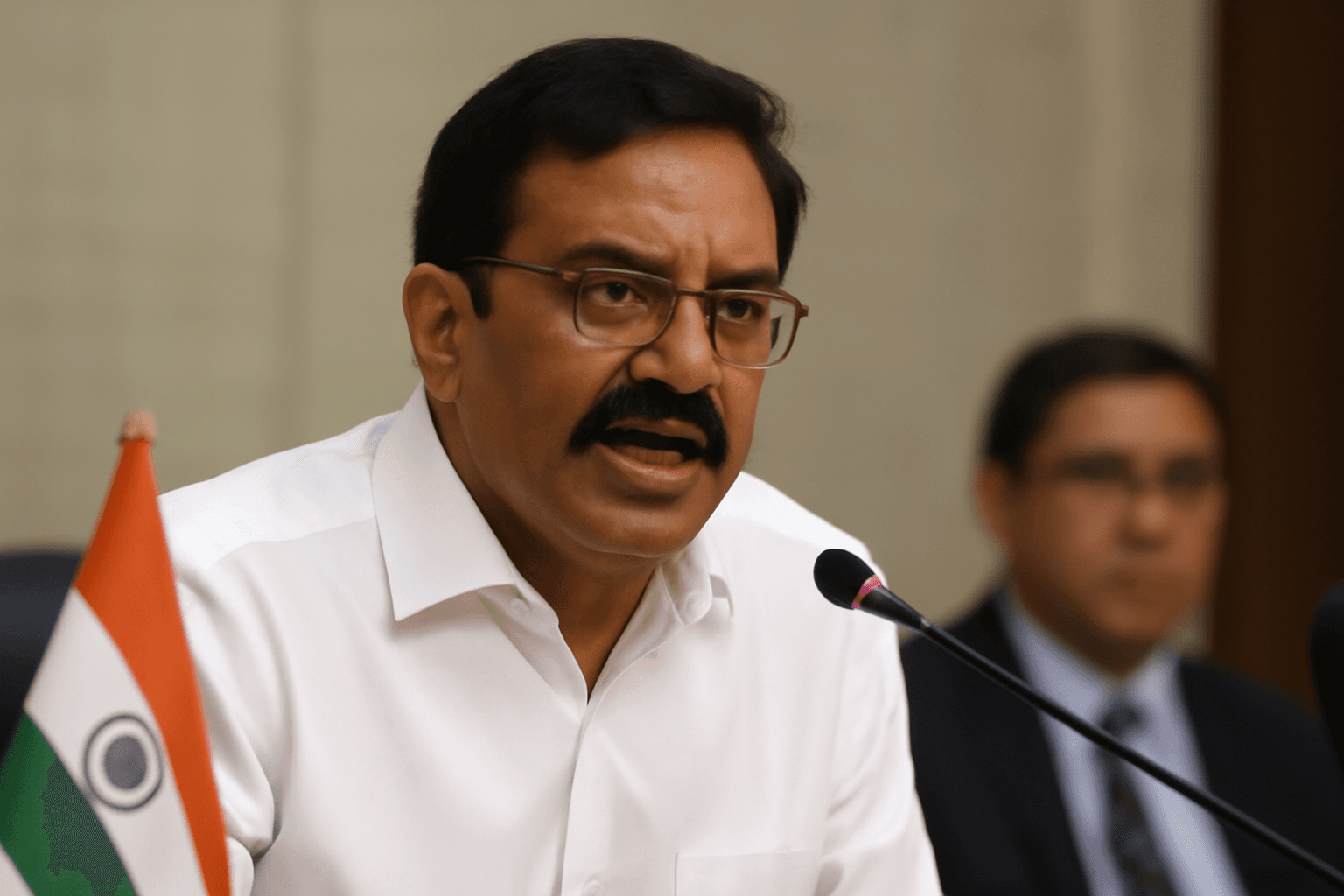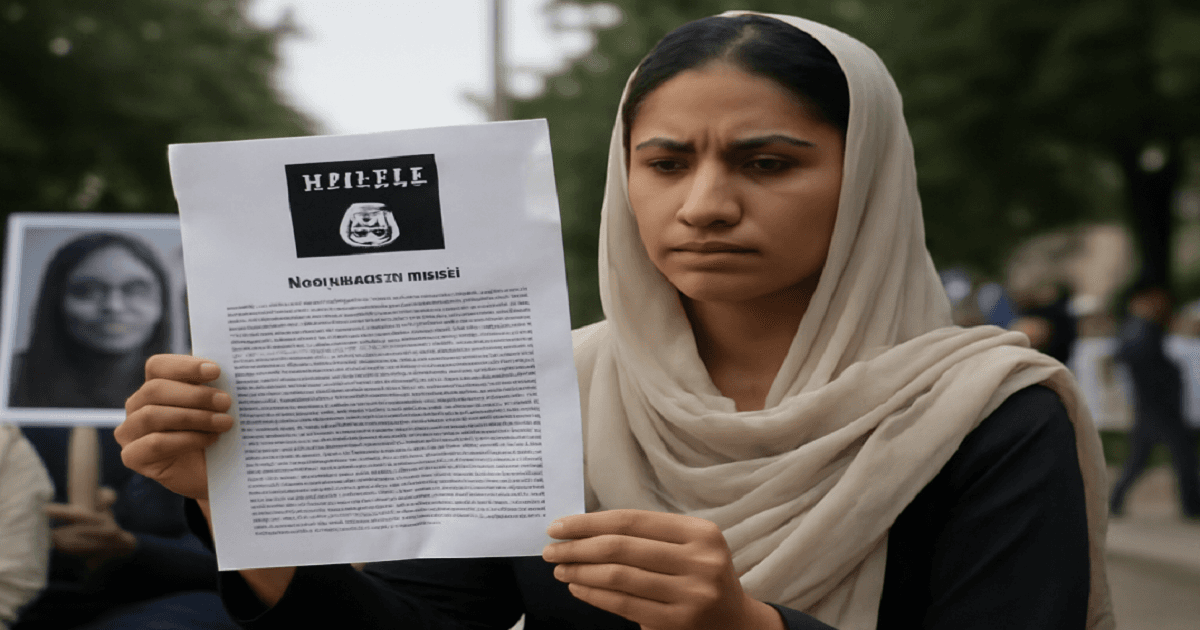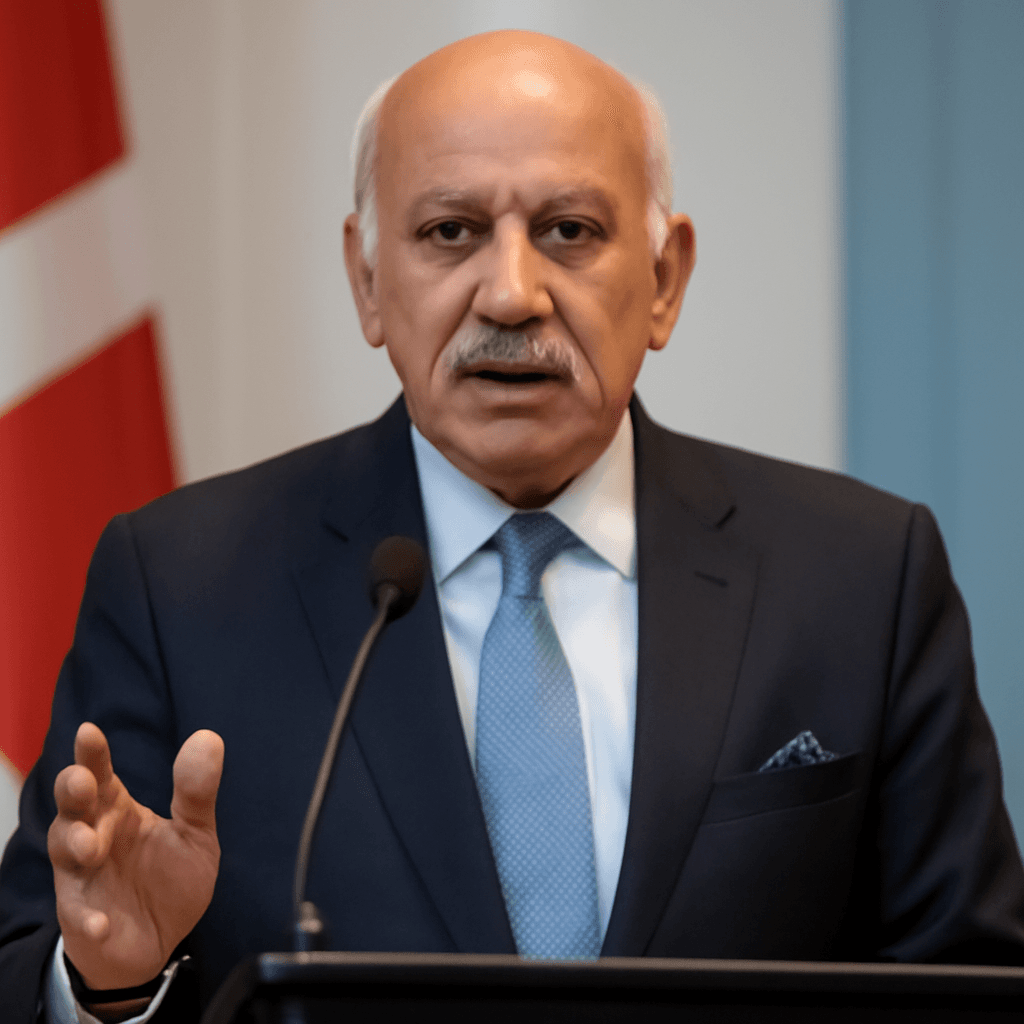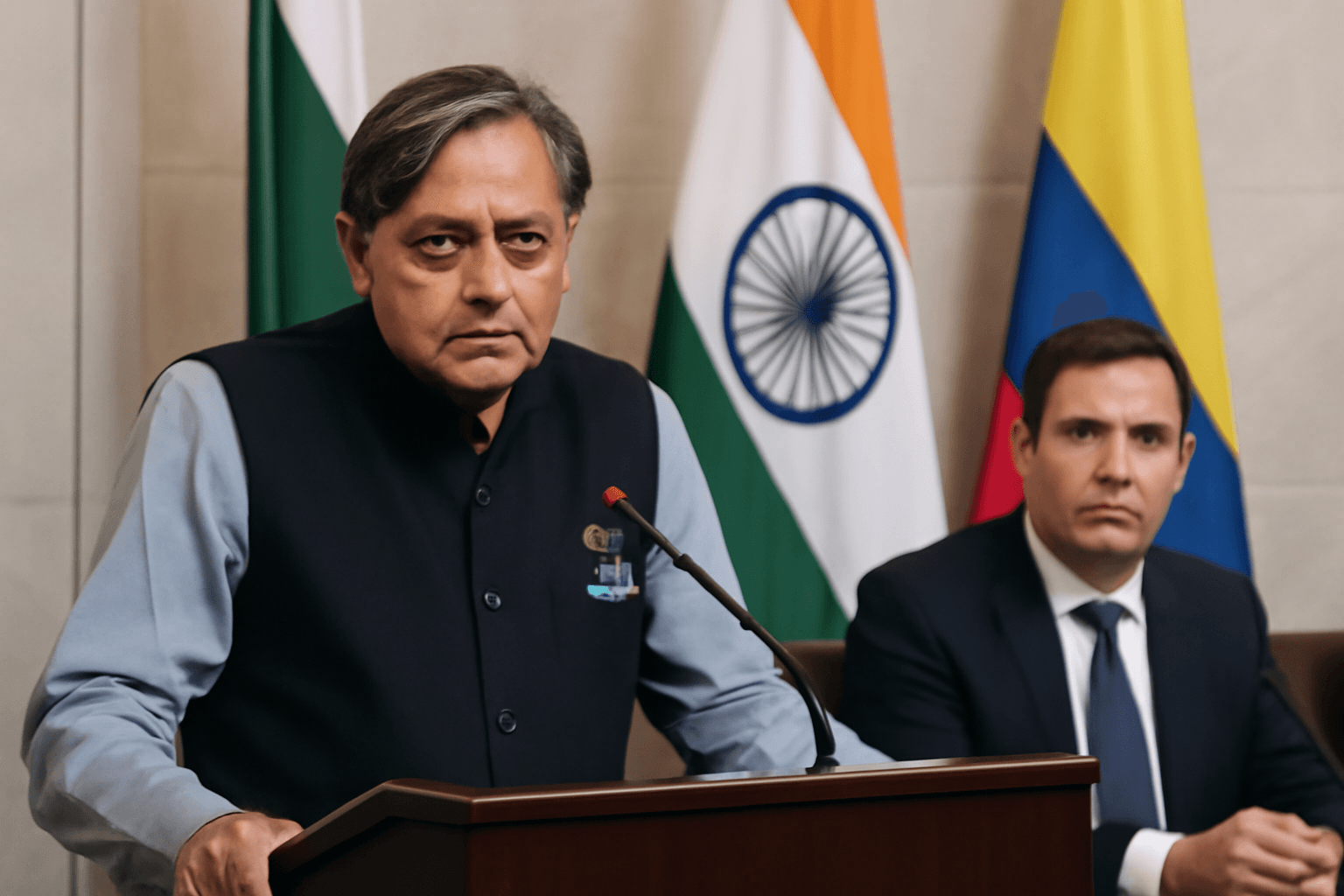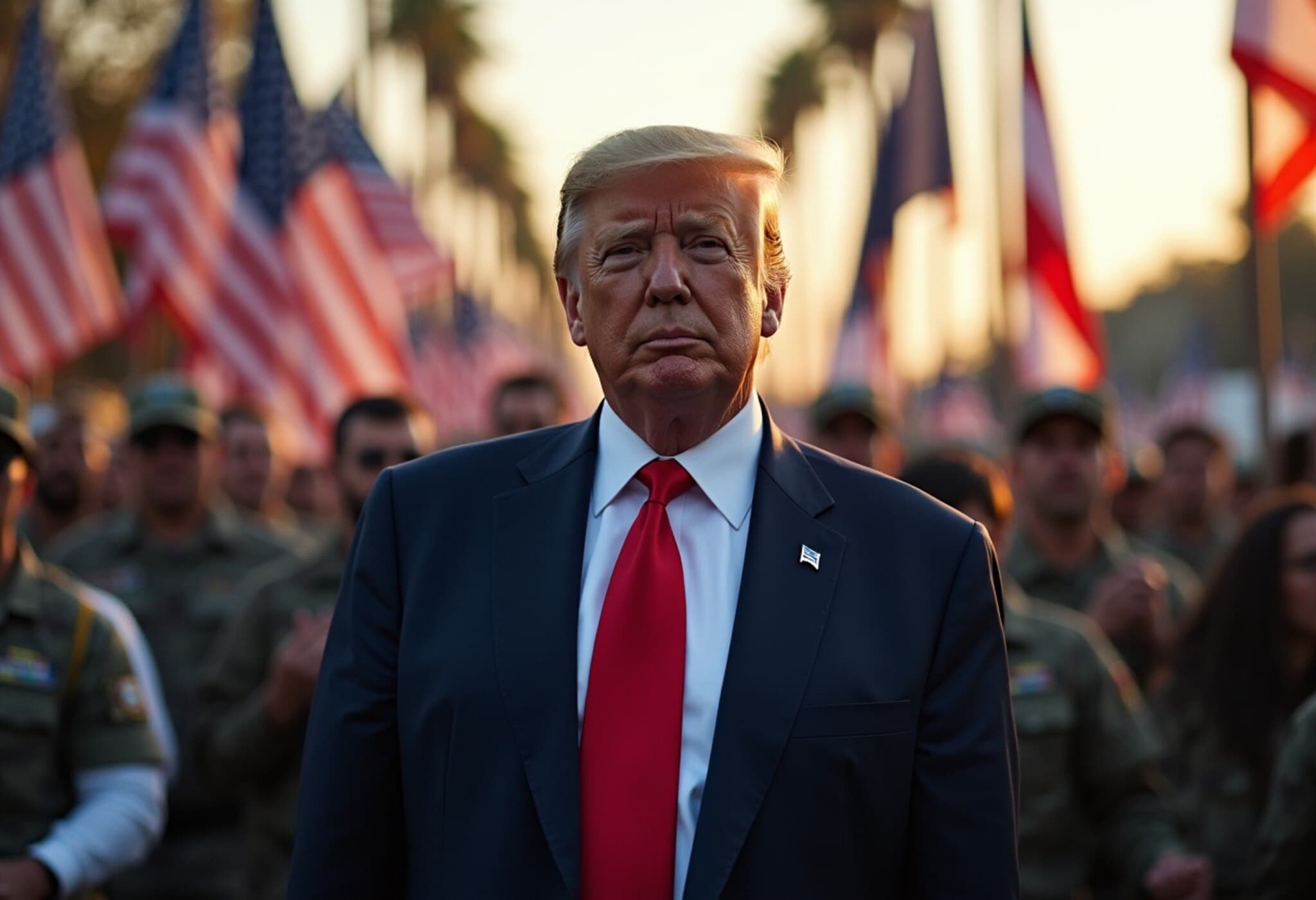US General Highlights Pakistan's Role in Counter-Terrorism Despite Concerns
In a recent Congressional hearing, a top US military official praised Pakistan as a "phenomenal partner" in the fight against terrorism, even as the country remains at the center of significant security concerns. General Michael Kurilla, head of the US Central Command (Centcom), emphasized Pakistan's cooperation in handing over terrorists responsible for attacks on American interests.
Selective Cooperation on Terrorism Extraditions
General Kurilla recounted how Pakistan's army chief, General Asim Munir, personally contacted him to report the capture of Mohammad Sharifullah, the mastermind behind the August 2021 suicide bombing at Abbey Gate in Kabul, which claimed the lives of 13 American service members. Pakistan offered to extradite Sharifullah to the US — a move lauded by Kurilla given the rarity of such cooperation.
However, the testimony also highlighted a stark contrast: Pakistan's reluctance to extradite terrorists accused of attacking India, which has been a longstanding grievance in Indo-US discussions. While Pakistan shows willingness to hand over individuals targeting the US, it reportedly refuses to do the same with those targeting its regional neighbor.
Recent Terror Plot Foiled In New York
The praise for Pakistan came just hours after the US Justice Department announced the extradition of a Pakistani national involved in a 2024 terror plot targeting a Jewish center in Brooklyn, New York. The attack was planned to coincide with the one-year anniversary of Hamas' October 7, 2023 attacks, choosing New York for its significant Jewish population.
Kurilla revealed details of the plot, noting the alleged gunman’s chilling intent to cause maximum harm to the Jewish community. Despite this, Pakistan’s overall approach to counterterrorism remains complex and nuanced from the US perspective.
US Strategic Priorities and Geopolitical Nuances
The divided US response to terrorism arising from Pakistan reflects broader strategic and operational realities. While Centcom has jurisdiction over Pakistan, India falls under the US Pacific Command's oversight, further complicating the geopolitical landscape. This distinction played out in recent Indian parliamentary discussions with US officials, where concerns about Pakistan's “motherlode” role in global terrorism were reiterated, citing the involvement of Pakistani nationals in nearly every major terror attack on US soil.
Several infamous terrorists—such as Osama bin Laden, Khalid Sheikh Mohammed, Ramzi Yousef, and Mir Aimal Kansi—were captured in Pakistan after conducting attacks on the US, underscoring Pakistan's central place in this issue.
US Focus Shifts Toward ISIS Threat
Meanwhile, US Attorney General Pam Bondi emphasized the ongoing threat from terrorist groups like ISIS, describing them as a "clear and present danger," particularly to the American Jewish community. This focus somewhat diverts attention from Pakistan’s role in harboring or spawning terrorists.
Conclusion: A Nuanced Partnership Amid Persistent Challenges
General Kurilla's statements reflect the complex dynamic between the US and Pakistan—a relationship marked by operational cooperation balanced against persistent skepticism and diplomatic frustration. Pakistan remains a key player in counter-terrorism efforts but also a source of ongoing concern due to its ambivalent handling of terror networks that threaten regional and global security.

